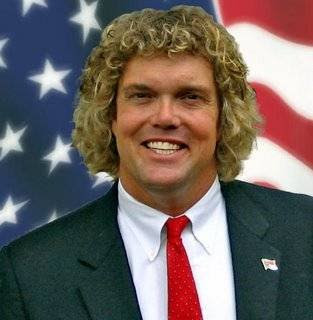Relying on incumbents to produce your revolutions is not a good strategy. They’re apt to take all the stuff that makes their products great and try to use technology to charge you extra for it, or prohibit it altogether.
That’s Cory Doctorow at Boing Boing, who won’t buy an iPad, doesn’t think you should buy an iPad, doesn’t think the iPad is going to do much for the beleaguered publishing industry, and, frankly, doesn’t seem to have many nice things about the iPad at all. In fact, he contends that Apple is showing “palpable contempt” for its customers.
Here’s some more:
For a company whose CEO professes a hatred of DRM, Apple sure has made DRM its alpha and omega. Having gotten into business with the two industries that most believe that you shouldn’t be able to modify your hardware, load your own software on it, write software for it, override instructions given to it by the mothership (the entertainment industry and the phone companies), Apple has defined its business around these principles. It uses DRM to control what can run on your devices, which means that Apple’s customers can’t take their “iContent” with them to competing devices, and Apple developers can’t sell on their own terms.
A very provocative perspective. Probably even more so if you know what DRM is.
I recommend you would-be innovator types check it out.

 Former Ambassador to India and US Under Secretary of Treasury David Mulford ’59 will be on campus next Tuesday, April 13th , and students will have two major opportunities for interaction:
Former Ambassador to India and US Under Secretary of Treasury David Mulford ’59 will be on campus next Tuesday, April 13th , and students will have two major opportunities for interaction:


 Duke University Political Economist
Duke University Political Economist Our weekly EconT
Our weekly EconT Would a tax on the sugary, em, I mean the corn syrupy sweet taste of soft drinks reduce consumption? And would that in turn cause young people to drink less and possibly curb the tide of childhood obesity? An
Would a tax on the sugary, em, I mean the corn syrupy sweet taste of soft drinks reduce consumption? And would that in turn cause young people to drink less and possibly curb the tide of childhood obesity? An 
